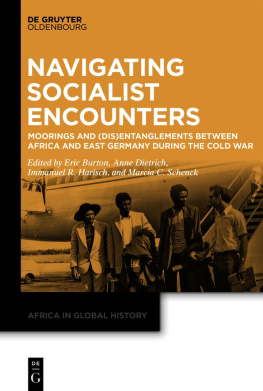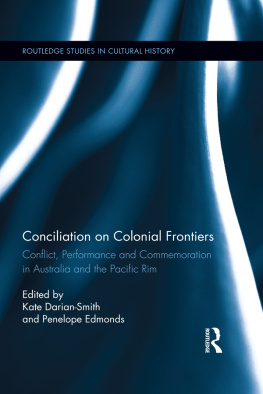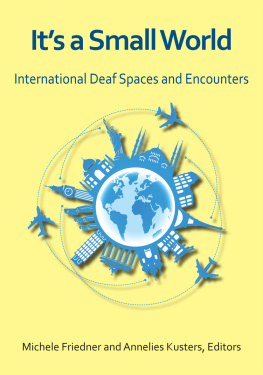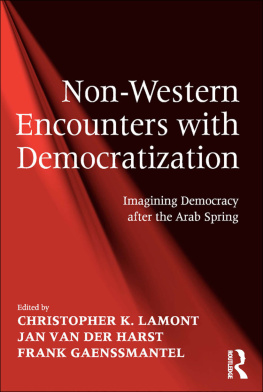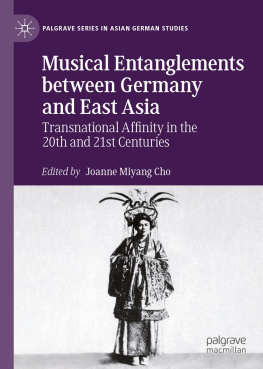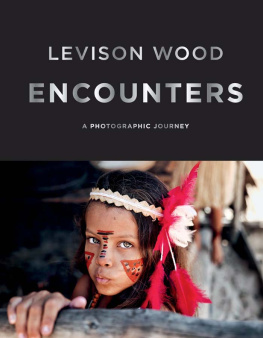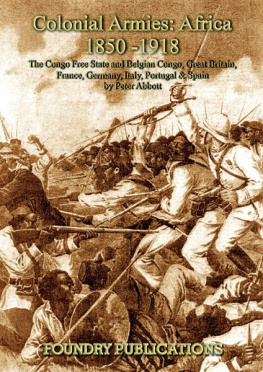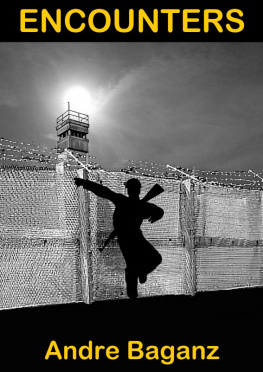Colonial Encounters in a Time of Global Conflict, 19141918
This volume gathers an international cast of scholars to examine the unprecedented range of colonial encounters during the First World War. More than four million men of colour, and an even greater number of white Europeans and Americans, crisscrossed the globe. Others, in occupied areas, behind the warzone or in neutral countries, were nonetheless swept into the maelstrom. From local encounters in New Zealand, Britain and East Africa to army camps and hospitals in France and Mesopotamia, from cafes and clubs in Salonika and London, to anti-colonial networks in Germany, the USA and the Dutch East Indies, this volume examines the actions and experiences of a varied company of soldiers, medics, writers, photographers and revolutionaries to reconceptualise this conflict as a turning point in the history of global encounters. How did people interact across uneven intersections of nationality, race, gender, class, religion and language? How did encounters direct and mediated, forced and unforced shape issues from cross-racial intimacy and identity formation to anti-colonial networks, civil rights movements and visions of a post-war future? The 12 chapters delve into spaces and processes of encounter to explore how the conjoined realities of war, race and empire were experienced, recorded and instrumentalised.
Santanu Das is Professor of English and Senior Research Fellow at All Souls College, Oxford.
Anna Maguire is a Leverhulme Postdoctoral Research Fellow at Queen Mary, University of London.
Daniel Steinbach is a historian of European colonial history and teaches at the University of Copenhagen.
Routledge Studies in First World War History
Series Editor
John Bourne
The University of Birmingham, UK
The First World War is a subject of perennial interest to historians and is often regarded as a watershed event, marking the end of the nineteenth century and the beginning of the modern industrial world. The sheer scale of the conflict and massive loss of life means that it is constantly being assessed and reassessed to examine its lasting military, political, sociological, industrial, cultural and economic impact. Reflecting the latest international scholarly research, the Routledge Studies in First World War History series provides a unique platform for the publication of monographs on all aspects of the Great War. Whilst the main thrust of the series is on the military aspects of the conflict, other related areas (including cultural, visual, literary, political and social) are also addressed. Books published are aimed primarily at a post-graduate academic audience, furthering exciting recent interpretations of the war, whilst still being accessible enough to appeal to a wider audience of educated lay readers.
Spain and Argentina in the First World War
Transnational Neutralities
Maximiliano Fuentes Codera
The Global First World War
African, East Asian, Latin American and Iberian Mediators
Edited by Ana Paula Pires, Jan Schmidt, and Mara Ins Tato
After the Armistice
Empire, Endgame and Aftermath
Edited by Michael J.K. Walsh and Andrekos Varnava
Colonial Encounters in a Time of Global Conflict, 19141918
Edited by Santanu Das, Anna Maguire and Daniel Steinbach
For more information about this series, please visit: www.routledge.com/history/series/WWI
First published 2022
by Routledge
2 Park Square, Milton Park, Abingdon, Oxon OX14 4RN
and by Routledge
605 Third Avenue, New York, NY 10158
Routledge is an imprint of the Taylor & Francis Group, an informa business
2022 selection and editorial matter, Santanu Das, Anna Maguire and Daniel Steinbach; individual chapters, the contributors
The right of Santanu Das, Anna Maguire and Daniel Steinbach to be identified as the authors of the editorial material, and of the authors for their individual chapters, has been asserted in accordance with sections 77 and 78 of the Copyright, Designs and Patents Act 1988.
All rights reserved. No part of this book may be reprinted or reproduced or utilised in any form or by any electronic, mechanical, or other means, now known or hereafter invented, including photocopying and recording, or in any information storage or retrieval system, without permission in writing from the publishers.
Trademark notice: Product or corporate names may be trademarks or registered trademarks, and are used only for identification and explanation without intent to infringe.
British Library Cataloguing-in-Publication Data
A catalogue record for this book is available from the British Library
Library of Congress Cataloging-in-Publication Data
A catalog record for this book has been requested
ISBN: 978-1-138-08210-6 (hbk)
ISBN: 978-1-032-07210-4 (pbk)
ISBN: 978-1-315-11267-1 (ebk)
DOI: 10.4324/9781315112671
Typeset in Sabon
by Apex CoVantage, LLC
We would like to thank, above all, the contributors for their patience, enthusiasm, good humour and commitment to this volume. We would also like to thank Routledge and particularly Max Novick and Rob Langham for their warm support and encouragement.
This volume is one of the outcomes of a three-year, collaborative research project Cultural Exchange in a Time of Global Conflict: Colonials, Neutrals and Belligerents During the First World War (CEGC) that ran from 2013 until 2016 and was funded by HERA (Humanities in the European Research Area). Throughout the three years of the CEGC projects duration, we were fortunate to work alongside our wonderful co-investigators at Adam Mickiewicz University (Pozna), Leibniz-Zentrum Moderner Orient (Berlin) and Utrecht University. It was a very intense but thrilling period. Our special gratitude goes to Natasha Awais-Dean, our project manager, whose tremendous work with us at Kings College London, overseeing all the projects strands, was vital to its success. We thank Jan Brauburger, Geert Buelens, Tessa Lobbes, Martyna Kliks, Heike Liebau, Larissa Schmid, Natalia Stachura, Hubert van den Berg and Jennifer Wellington. We thank the projects associate partner organisations and collaborators, especially Suzanne Bardgett (Imperial War Museum), Dominiek Dendooven (In Flanders Fields Museum) and Elisabeth Tietmeyer (Museum of European Cultures) for their invaluable help. We are grateful to all of the contributors to the projects digital sourcebook (http://sourcebook.cegcproject.eu): this book mobilises ideas and content which first found a home there.


